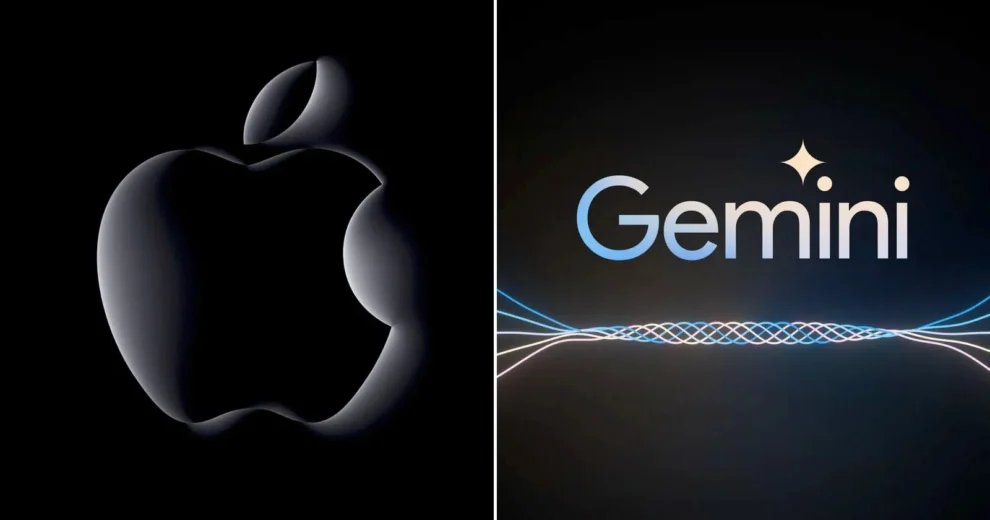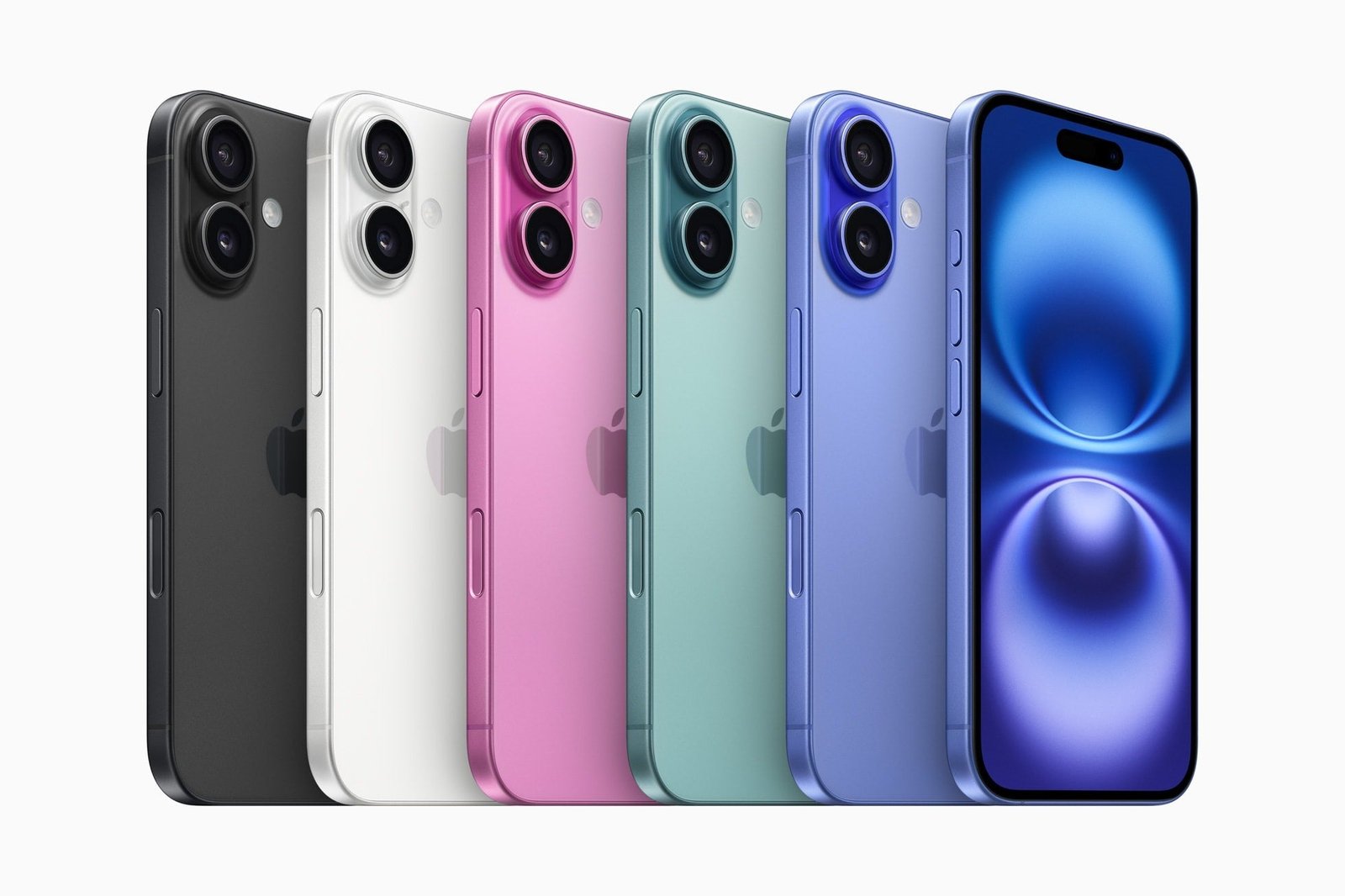In a move that could significantly enhance the technological capabilities of iPhones, Apple is reportedly in talks with Google to integrate Google’s Gemini artificial intelligence models into future iPhone features. This potential partnership aims to leverage generative AI for a broad array of applications, signaling a major step forward in mobile technology innovation.
Key Highlights:
- Partnership Scope: The talks focus on using Google’s Gemini AI to power a variety of generative AI features on iPhones.
- Strategic Implications: For Google, this deal could widen the reach of its AI services to Apple’s vast user base, enhancing its position in the competitive AI landscape.
- Investor Interest: The partnership could also address concerns about Apple’s pace in rolling out AI applications, potentially reinvigorating investor enthusiasm for the tech giant.
- Regulatory Considerations: A deal of this nature might draw regulatory scrutiny, especially in light of Google’s ongoing antitrust challenges related to its search engine dominance.
- Competitive Dynamics: Apple’s consideration of Google’s AI technology over its own or others like OpenAI’s suggests a strategic move to incorporate the most advanced AI capabilities into its devices.
- Timing and Announcements: While negotiations are underway, any formal agreement is not expected to be announced until at least June, aligning with Apple’s usual timeline for revealing significant updates at its annual developer conference.
The Potential of Gemini AI in iPhones
Google’s Gemini AI, renowned for its generative capabilities, could offer iPhone users new dimensions of interaction with their devices. From creating images and writing essays to more complex tasks that require cloud-based intelligence, the integration of Gemini AI would mark a significant leap in the functionality available to iPhone users.
Strategic Benefits and Challenges
For Apple, this move represents a strategic effort to enrich its ecosystem with state-of-the-art AI capabilities without relying solely on its in-house technology, which, as reported, may not yet match the prowess of Google’s offerings. Google, on the other hand, stands to benefit from the massive exposure and usage of its AI technology across Apple’s global user base.
However, this collaboration comes with its set of challenges, notably regulatory scrutiny. Google’s financial arrangements with Apple, such as the significant payments to remain the default search engine on Safari, have already attracted antitrust attention. This new venture into generative AI could further complicate the regulatory landscape for both tech giants.
Enhancing User Experience
The core of this potential partnership is enhancing the user experience. By integrating Gemini AI, iPhones could offer features such as more advanced voice assistants, AI-generated content recommendations, and smarter photo and video editing tools. These features could make everyday tasks easier and more enjoyable for iPhone users, setting a new standard for what smartphones can do.
Competitive Landscape
This deal could also have significant implications for the competitive landscape in the tech industry. By combining Apple’s hardware excellence with Google’s AI prowess, the partnership could position iPhones as the go-to devices for cutting-edge AI features. This might prompt competitors to seek similar partnerships or accelerate their own AI developments, driving innovation across the entire sector.
Market Implications
The potential collaboration between Apple and Google on AI technology is a testament to the rapidly evolving competitive dynamics in the tech industry, where partnerships can unlock new value and innovation. As AI continues to transform the technological landscape, such alliances will be critical in shaping the future of mobile computing and user experiences.



















Add Comment